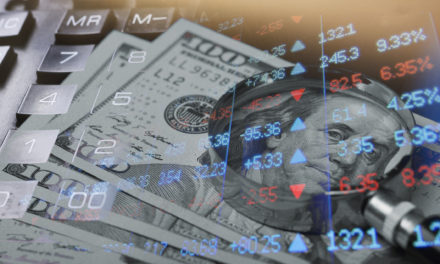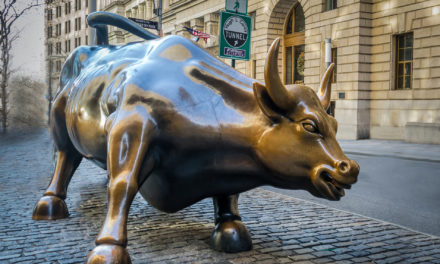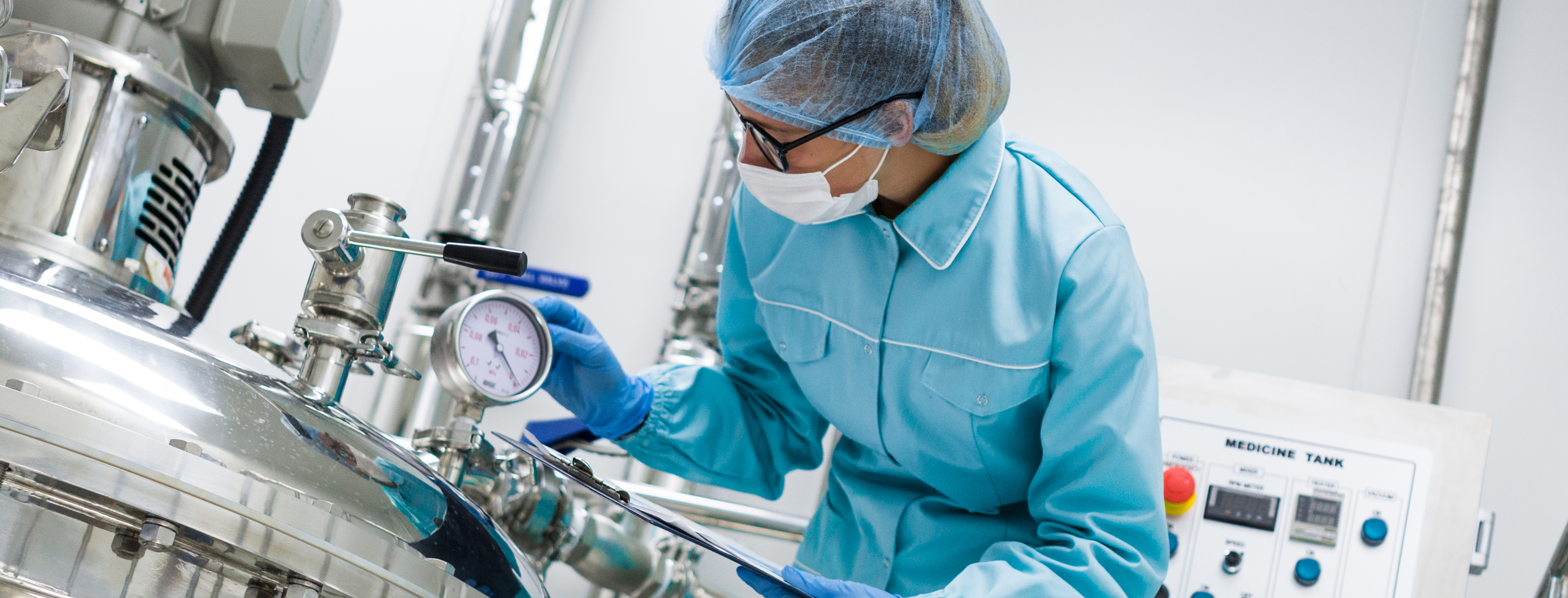
“Someone’s sitting in the shade today because someone planted a tree a long time ago.”
— Warren Buffett
The Warren Buffett investment philosophy calls for a long-term investment horizon, where a two-decade holding period, or even longer, would fit right into the strategy. How would such a strategy have worked out for an investment into General Electric Co (NYSE: GE)? Today, we examine the outcome of a two-decade investment into the stock back in 1999.
| Start date: | 11/29/1999 |
|
|||
| End date: | 11/26/2019 | ||||
| Start price/share: | $42.67 | ||||
| End price/share: | $11.35 | ||||
| Starting shares: | 234.36 | ||||
| Ending shares: | 420.67 | ||||
| Dividends reinvested/share: | $14.59 | ||||
| Total return: | -52.25% | ||||
| Average annual return: | -3.63% | ||||
| Starting investment: | $10,000.00 | ||||
| Ending investment: | $4,772.54 | ||||
The above analysis shows the two-decade investment result worked out poorly, with an annualized rate of return of -3.63%. This would have turned a $10K investment made 20 years ago into $4,772.54 today (as of 11/26/2019). On a total return basis, that’s a result of -52.25% (something to think about: how might GE shares perform over the next 20 years?). [These numbers were computed with the Dividend Channel DRIP Returns Calculator.]
Notice that General Electric Co paid investors a total of $14.59/share in dividends over the 20 holding period, marking a second component of the total return beyond share price change alone. Much like watering a tree, reinvesting dividends can help an investment to grow over time — for the above calculations we assume dividend reinvestment (and for this exercise the closing price on ex-date is used for the reinvestment of a given dividend).
Based upon the most recent annualized dividend rate of .04/share, we calculate that GE has a current yield of approximately 0.35%. Another interesting datapoint we can examine is ‘yield on cost’ — in other words, we can express the current annualized dividend of .04 against the original $42.67/share purchase price. This works out to a yield on cost of 0.82%.
More investment wisdom to ponder:
“It’s not whether you’re right or wrong that’s important, but how much money you make when you’re right and how much you lose when you’re wrong.” — George Soros




